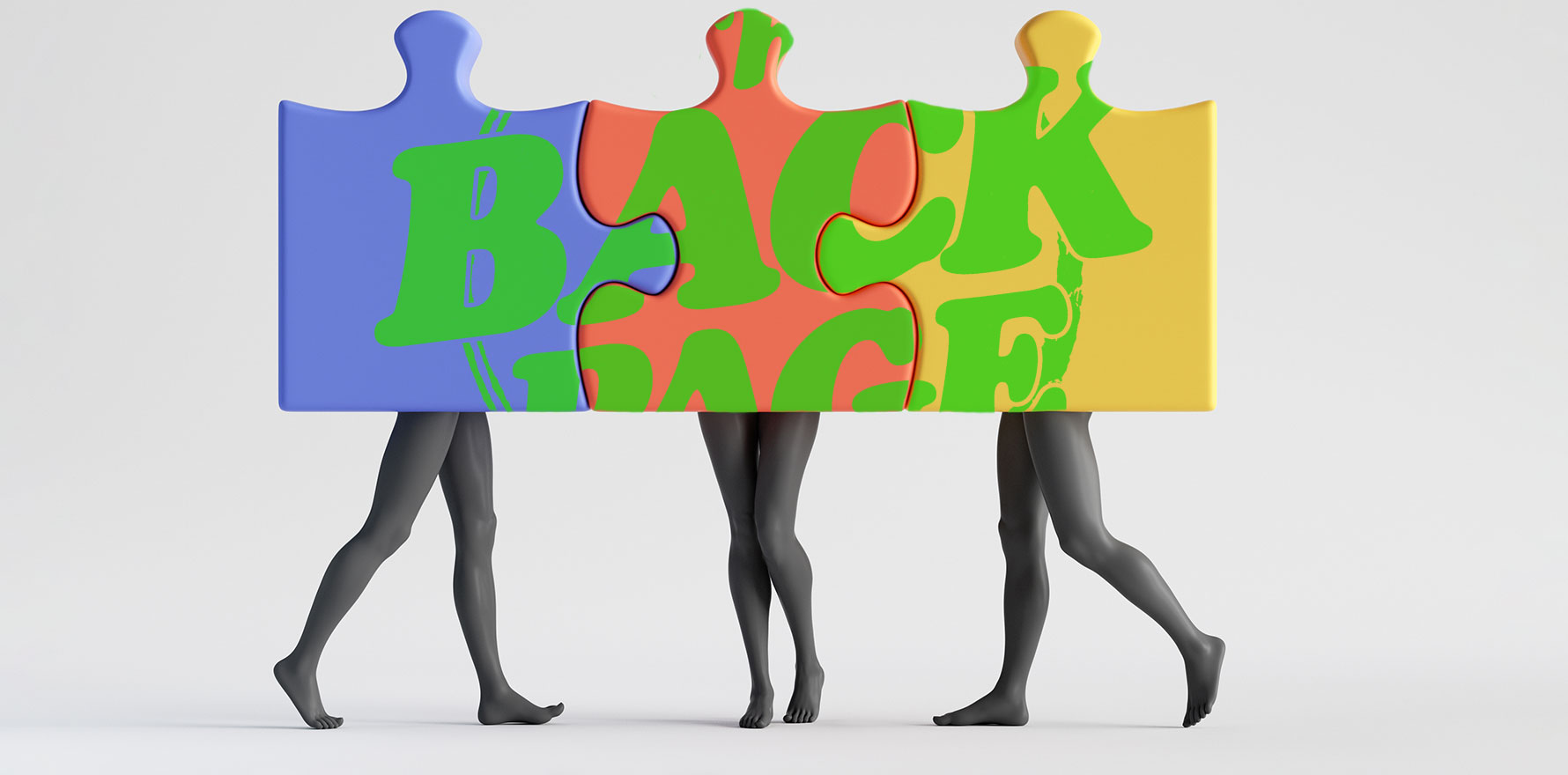People in non-monogamous relationships are doing fine, a systematic review finds.
Polyamory offends some people, and rightly so.
Neologisms that combine a Greek prefix with a Latin base word should be shunned by science and the broader community.
In all other important respects, however, it’s fine, as confirmed by this meta-analytic review from LaTrobe University published last week in The Journal of Sex Research.
It’s often assumed, the authors say, that monogamous configurations are superior for relationship and sexual satisfaction. Research shows they are perceived as better whether the metric is moral and religiously guided, or practical, leading to “improved health and wellbeing outcomes, increased relationship satisfaction, stability, and a safe environment for child-rearing”.
Non-monogamous relationships are under-studied, misunderstood, stigmatised and unrecognised legally or medically, even though they probably account for more than 5% of relationships (in the US at least).
Several studies have challenged what the authors call the “monogamy superiority myth”, so they set out to synthesise the information in a review encompassing 32 studies comparing monogamy with various forms of non-monogamy including polyamory, open relationships, swinging and “monogamish” relationships. (The authors acknowledge the problems with collapsing all these categories into one, as well as a lack of detail when it comes to straight/LGBTQIA+ people).
Nineteen studies found no significant difference in relationship satisfaction between monogamous and non-monogamous individuals. Six studies favoured monogamy for satisfaction, while six favoured non-monogamy.
Drilling down into aspects of relationship quality, the studies that measured commitment, intimacy, passion and trust found no significant differences on the first three, while non-monogamous people reported slightly higher levels of trust.
There was some evidence that monogamish people – those who’ll make an exception from time to time – had greater relationship satisfaction.
There was also no overall significant difference in the meta-analysis when it came to sexual satisfaction. Most of the individual studies that measured it found no difference, while six studies favoured monogamy and four non-monogamy.
The authors warn against wildly generalising the results, given most of the samples were recruited via social networks and online snowball sampling, that those who choose to share their experiences may have had better ones, and that most of the studies were undertaken in Western countries.
This Back Pager is not qualified to comment from experience, being happily, boringly monogamous for Quite Some Time with no plans for relationship expansion.
“Sounds exhausting” tends to be my flippant and uninformed reaction when contemplating life in a polycule.
But it’s important to remember the compensations and potential benefits (not just that).
The authors comment that the non-inferiority of non-monogamous relationships comes despite non-monogamous people facing discrimination, lack of recognition and always having to navigate when and whether to disclose.
“It could be that their satisfaction levels counter this discrimination since they likely experience more variety and an increased sense of free will within relationships,” they say.
Greater personal growth and autonomy may also help counter the negative social aspects of non-monogamy.
Non-monogamous individuals may put “extra effort into communication, mutual disclosure and empathic understanding in order to maintain and navigate multiple relationships. These factors could be speculatively considered core components of trust and thus it makes sense that non-monogamous individuals rate highly on these.”
The results have special relevance to health practitioners, they note, specifically challenging “the misconception held by some practitioners that non-monogamy is a sign of distress”.
Send multifaceted story tips to penny@medicalrepublic.com.au.


